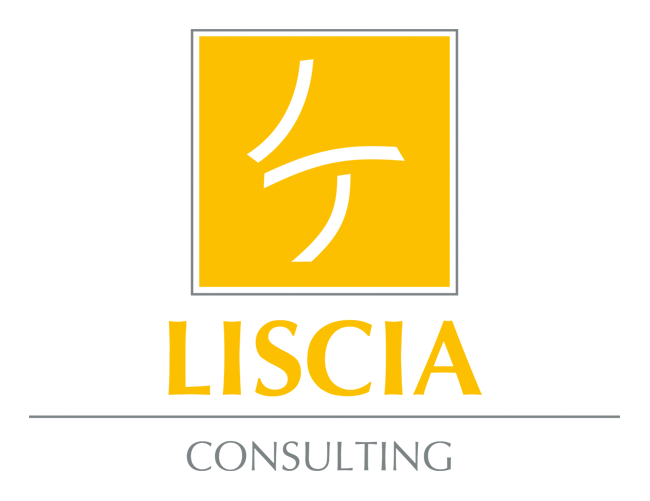A few days ago in Wembley Stadium, Italy confronted England for the European Championship title. A veritable soccer suspense story! At halftime, England led 1:0 and after the second half the two teams were tied 1:1. Ditto after overtime. And then the penalty shootout. Italy wins by one point. Italy is European Champion. But why did this team become European champion? Why could other teams have been? And why do many leaders lack the luster to become European Champion in their own arena?
Find the answers to these questions here, in an excerpt of our Workbook Education:
„A question we commonly ask leaders during our work together is, “When was the last time you worked on yourself? When was the last time you trained?” […] A favored analogy in this context is that of an outstanding athlete. A dedicated sportswoman knows full well that she must consistently train six days a week in preparation for an hour of top performance on the weekend. At the height of his career, Michael Schumacher drove up to 100 laps a day on the training track in Monza, Italy, striving to improve his performance at the next race by a mere tenth of a second.1 The result of his training? Seven World Champion titles.
Recognizing this phenomenon, Canadian author and business advisor Malcolm Gladwell proposed the 10,000-Hour Rule. The rule implies that most geniuses, exceptional artists and highly successful entrepreneurs were not born magnificent, but amassed at least 10,000 hours of practice, culminating in their extraordinary performance, or even perfection, in their respective fields. “Ericsson and colleagues (psychologists) then compared amateur pianists with professional pianists. The same pattern emerged. The amateurs never practiced more than about three hours a week throughout their childhood, and by the age of 20 they had totaled about two thousand hours of practice. The professionals, on the other hand, steadily increased their practice time every year, until by the age of 20 […] they had reached ten thousand hours.”2
[…] Managerial staff, however, seem to believe once they’ve finished professional school they no longer need to train or work on themselves. This is not only profoundly unprofessional – it’s downright dilettantish. Professional leaders set the pace, not to mention the example, by working on themselves. They actively offer, or better, force advanced education opportunities onto their team and carry them out together. The only trustworthy and credible leader is one who walks what she talks.
But reality shows a very different picture. A survey of more than 10,000 employees throughout Germany, from a variety of sectors and company sizes revealed, “…that for their supervisors, further education played a minor role and there were few structured training programs offered in their companies[…] Thirty-nine percent of those surveyed are convinced their bosses don’t even know which advanced training programs are available.”3
This is particularly baffing when you think about how digitalization has completely changed our working world. In nearly every field of business, employees continuously need updated training to keep pace with the ever-changing software, hardware and processing developments. When it comes to advanced education, companies are obligated to provide their employees with access to learning. An important catchword in this context is knowledge management. As we become increasingly aware of how significantly our employees’ knowledge and skills contribute to economic success, these elements play an ever-stronger role in both strategic and operative leadership and personnel activities. […]“
1 Cf. Der Spiegel (41/2004), Der spröde Held / The Aloof Hero, pg.86 ff.
2 Gladwell, Malcolm, Outliers. The Story of Success, Bay Back Books 2009, pg.39
3 zeit.de, Chefs interessieren sich zu wenig für betriebliche Bildung / Bosses display too little interest in
company training, 18.10.2016



